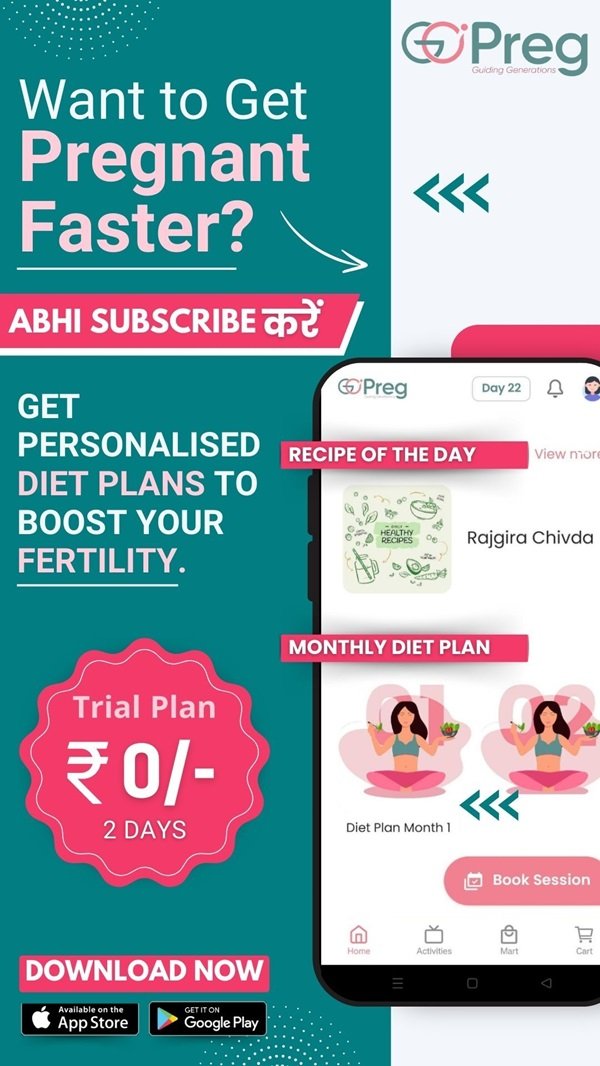Why Does IVF Fail? Understanding Causes and Next Steps

In vitro fertilization (IVF) offers hope to many couples struggling with infertility, but despite its promise, IVF does not always lead to a successful pregnancy. Understanding the reasons behind IVF failure and knowing the next steps can be crucial for those navigating this challenging journey.
Common Causes of IVF Failure
- Embryo Quality Issues One of the most common reasons for IVF failure is poor embryo quality. Not all embryos are healthy enough to implant in the uterus and develop into a viable pregnancy. Chromosomal abnormalities are often the culprit, which can result in the embryo failing to develop or miscarrying early.
- Implantation Failure Even if the embryo is of high quality, it still needs to successfully implant in the uterine lining. Sometimes, the endometrium (the lining of the uterus) may not be receptive due to various factors such as hormonal imbalances, uterine abnormalities, or poor blood flow.
- Age of the Woman A woman’s age plays a significant role in IVF success. As women age, their egg quality and quantity decrease, leading to a lower success rate. Women over the age of 35 may experience more challenges with IVF, with the chances of a successful pregnancy decreasing further with each passing year.
- Sperm Quality Male factor infertility can also contribute to IVF failure. Poor sperm quality, including low motility or abnormal morphology, can affect fertilization rates and the overall success of the IVF cycle.
- Lifestyle Factors Lifestyle choices such as smoking, excessive alcohol consumption, obesity, and stress can negatively impact both egg and sperm quality, as well as the overall IVF process. These factors can also affect the uterine environment, making it less conducive to implantation.
- Underlying Medical Conditions Certain medical conditions like polycystic ovary syndrome (PCOS), endometriosis, or autoimmune disorders can complicate the IVF process. These conditions may require additional treatment and management to improve the chances of success.
Next Steps After an IVF Failure
Experiencing an IVF failure can be emotionally and physically exhausting, but it’s important to remember that it doesn’t mean the end of the road. Here are some steps to consider:
- Consult with Your Doctor After an unsuccessful IVF cycle, schedule a detailed consultation with your fertility specialist. They can review your treatment plan, discuss potential reasons for the failure, and suggest alternative approaches for future attempts.
- Consider Genetic Testing Preimplantation genetic testing (PGT) can help identify chromosomally normal embryos, which have a higher chance of leading to a successful pregnancy. If embryo quality was an issue, PGT might be a worthwhile consideration for your next cycle.
- Address Lifestyle Factors Making positive lifestyle changes can improve the chances of success in subsequent IVF attempts. Consider quitting smoking, reducing alcohol intake, managing stress, and maintaining a healthy weight to optimize your fertility.
- Explore Other Fertility Treatments If IVF continues to be unsuccessful, other fertility treatments or interventions may be recommended. These could include intrauterine insemination (IUI), egg donation, or surrogacy, depending on the specific circumstances.
- Seek Emotional Support The emotional toll of an IVF failure can be overwhelming. Seeking support from a counselor, joining a support group, or using mindfulness and relaxation techniques can help manage the stress and emotional impact.
The Role of GoPreg in Your IVF Journey
For those facing the challenges of IVF, the GoPreg app offers invaluable support. It bridges the gap between age-old wisdom and modern science, providing comprehensive guidance for pre-pregnancy planning, Garbh Sanskar practices, and more.
The Garbh Sanskar feature within the app offers a holistic approach to improving maternal and fetal well-being, which can be especially beneficial for those undergoing fertility treatments. It combines traditional practices with scientific insights to create a nurturing environment for both mother and baby.
Moreover, if you’re in the pre-pregnancy planning phase or considering your next steps after an IVF failure, the GoPreg app is an essential companion. It’s designed to empower you with the knowledge and tools needed to enhance your fertility and overall health. For more information, or to begin your journey with GoPreg, download the GoPreg app today. Whether you’re looking to improve your chances with IVF, embrace Garbh Sanskar, or simply plan for a healthy pregnancy, GoPreg is here to support you every step of the way.



